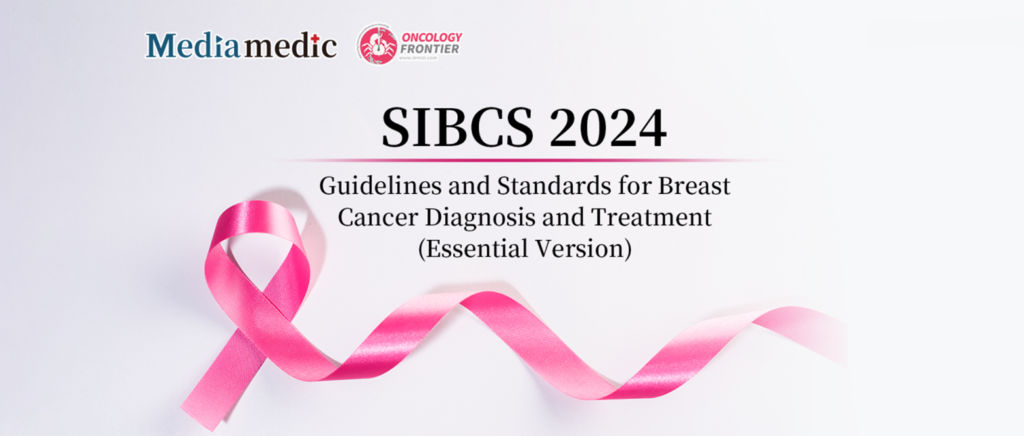The 9th Academic Symposium of the Chinese Branch of the International Hepato-Pancreato-Biliary Association (IHPBA) was held in Wuhan from October 25-27, 2024, drawing renowned experts from over 20 countries, including the United States, Germany, France, Russia, and Australia. With more than 50 prominent international scholars, 21 academicians, and over 700 experts in liver, gallbladder, and pancreas oncology, the symposium provided a platform to discuss the latest advancements and standards in liver cancer diagnosis and treatment. Dr. Tianqiang Song from Tianjin Medical University Cancer Institute and Hospital delivered an insightful presentation on “Advancements in Perioperative Treatments for Liver Cancer and the Tianjin Experience.” In a joint interview with Oncology Frontier, Professor Song shared insights into perioperative treatment research and practical experiences.









